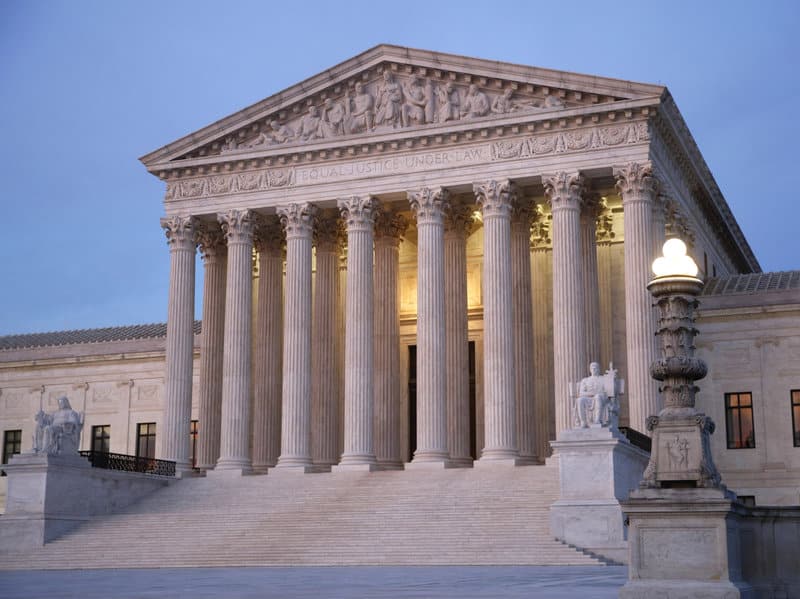On June 15, 2020, the Supreme Court Ruling of the United States Set forth a ruling that further expands the definition of sex discrimination under Title VII of the Civil Rights Act of 1964 to include discrimination based on sexual orientation and gender identity.
Under Title VII, employers are prohibited from failing or refusing to hire, discharging, or otherwise discriminating against an individual based on race, religion, color, national origin, and sex. When Title VII was enacted, it did not bar discrimination based on sexual orientation and gender identity. As explicit protections were not available under Title VII or other federal laws, many states have passed anti-discrimination legislation prohibiting employers from sexual orientation and gender identity-based discrimination in employment.
Recently three important cases brought before the Supreme Court involved individuals who were separated from employment due to their sexual orientation or gender identity. In each of these cases, an employer allegedly fired a long-time employee for being homosexual or transgender. Each employee then sued, alleging sex discrimination under Title VII of the Civil Rights Act of 1964.
In a 6-3 Supreme Court decision, the Court ruled that “an individual’s sexual orientation or gender identity is not relevant to the employment decision.”
“An employer who fires an individual merely for being gay or transgender defies the law,” Justice Neil M. Gorsuch wrote
The Court also determined discrimination based on an individual’s sexual orientation and gender identity is a form of sex discrimination and a violation of Title VII. This interpretation is now applicable to all employers in the United States. This also applied to employers in the twenty-seven U.S. states that dis not prior has laws that extended employment protections to LGBTQ+ individuals and/or gender identity.
The full opinion of the Supreme Court is available on supremecourt.gov here: Bostock V. Clayton County, GA. Also, more information published by the Times can be found here.


